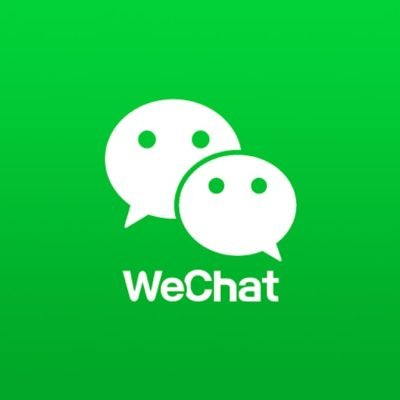In a bold move to transform Twitter into a much larger platform, Elon Musk recently rebranded it as X, taking inspiration from China’s mega app WeChat. Musk has been vocal about his admiration for WeChat, referring to it as an “everything app” that combines chat, dating, payments, and social media. He envisions creating a similar platform with X, aiming for “immense success.”
What is WeChat?
Launched by Tencent in 2011, WeChat has become an integral part of Chinese society, with almost all of China’s 1.4 billion people using the app. Describing it as a super-app is an understatement, as it offers a wide range of services, including messaging, voice and video calling, social media, food delivery, mobile payments, games, news, and even dating. WeChat amalgamates the functionalities of WhatsApp, Facebook, Apple Pay, Uber, Amazon, Tinder, and more into a single platform.
The all-in-one platform
WeChat’s interfaces for its various services are distinct and user-friendly. It started as a messaging platform similar to WhatsApp or iMessage, with “Chats” and “Moments” being its most-used features, akin to WhatsApp’s messaging and Facebook’s news feed. However, WeChat goes beyond messaging. Its widely-used “Wallet” feature enables users to link their debit and credit cards, allowing them to make payments at most shops and online retailers in China by simply scanning QR codes. Additionally, users can pay bills, make investments, and even take out loans using WeChat.
WeChat also integrates various government services, allowing users to check social security information, pay for speeding tickets, and book hospital appointments. During the pandemic, WeChat became essential for daily life in China. As the entire country implemented strict zero-Covid restrictions, individuals were required to generate a “health code” on the app to enable movement. However, the convenience and extensive reach of WeChat does come with downsides.
Downsides of WeChat
While WeChat offers unparalleled convenience, there are certain drawbacks to having so many features on a single app. One practical concern is the app’s large memory consumption, often occupying tens of gigabytes of data storage on users’ phones. Moreover, WeChat’s deep integration into Chinese society raises concerns regarding government censorship, surveillance, and privacy issues. The Chinese government blocks access to foreign websites and social media platforms, including Facebook and Twitter, further emphasising the level of control exerted over the internet. Speaking out against the government on WeChat can result in account suspensions, while even seemingly innocuous information may trigger government censorship and account shutdowns.
Kitsch Liao, assistant director of the Atlantic Council’s Global China Hub, highlights that super-apps like WeChat align with Beijing’s aim of maintaining control over the country by organising all aspects of life. This is primarily to prevent any opposition or political risks that may challenge the rule of the Chinese Communist Party.
WeChat’s Success in China
WeChat’s immense success in China can be attributed to two major factors. Firstly, the majority of Chinese people access WeChat on smartphones rather than desktop computers, as internet development in the country has primarily focused on mobile technology. This “walled garden” approach, where users primarily engage with apps rather than the open web, makes building an all-encompassing super-app on smartphones easier.
Secondly, China’s lack of competition regulation allows WeChat to effectively block rival platforms such as Taobao and Douyin. This absence of competition enables WeChat to maintain its dominance in various sectors, contributing to its widespread adoption and success.
Can Elon Musk replicate WeChat’s success?
Elon Musk’s ambition to emulate WeChat’s success with X raises questions about the feasibility of such an endeavour outside of China. To understand the potential challenges, we must consider the differences between China and the Western world, particularly regarding digital payments.
Kendra Schaefer from policy research firm Trivium China points out that Musk has recognised the key elements that have made WeChat critical to daily life in China, particularly integrating social media with digital payments. This integration has been a secret sauce for WeChat’s success.
However, a major difference between China and the West lies in the widespread adoption of digital payment technology. In China, most merchants do not accept cash or credit cards, relying instead on WeChat’s digital payment system. In the Western world, a transition to a truly cashless or credit card-free society may take longer. This difference in digital payment adoption could pose an obstacle to Musk’s ambitions with X.
Would you trust Elon Musk with your money?






Leave a Reply